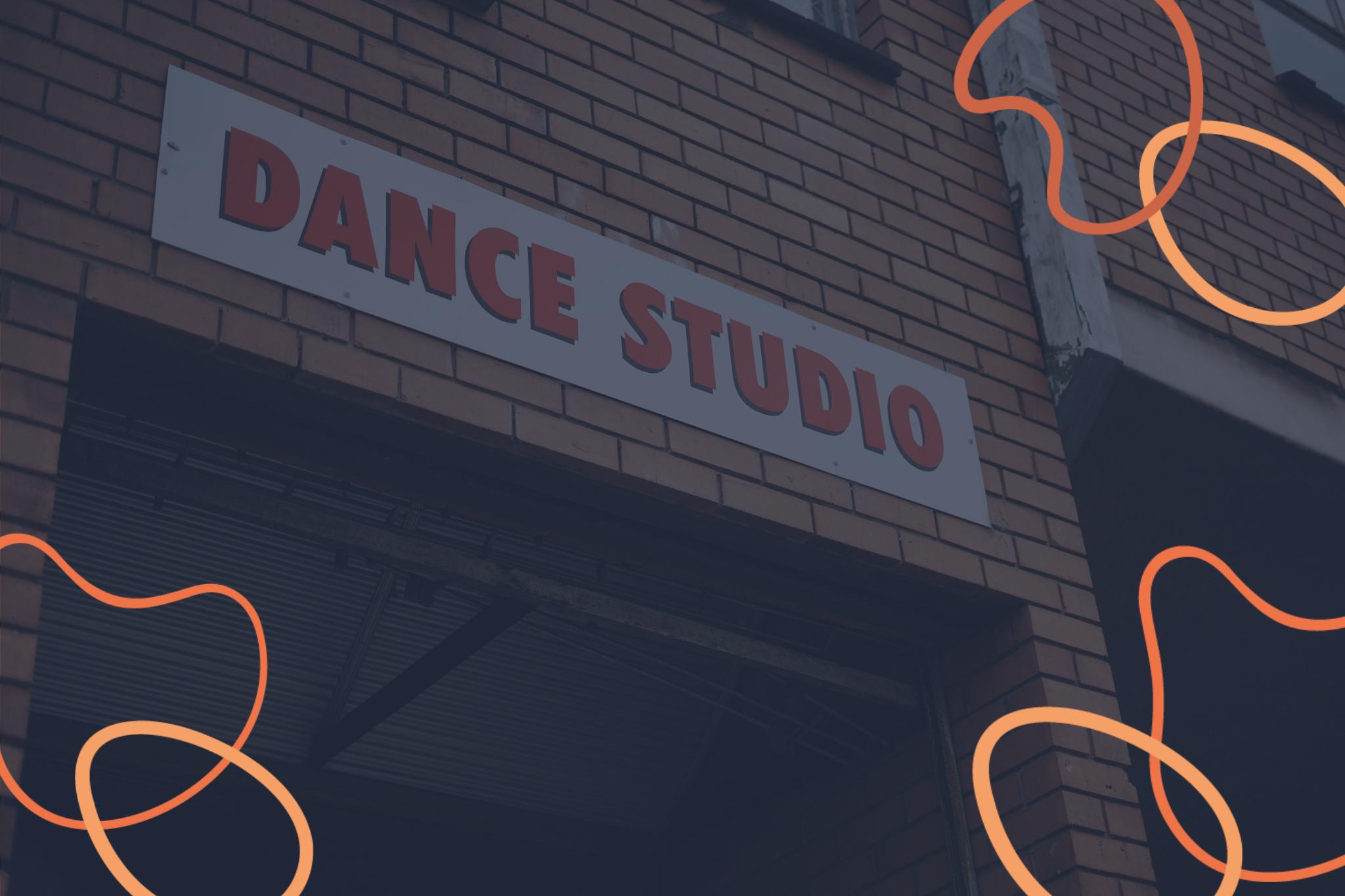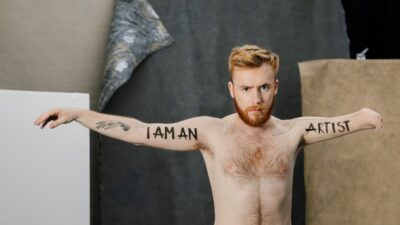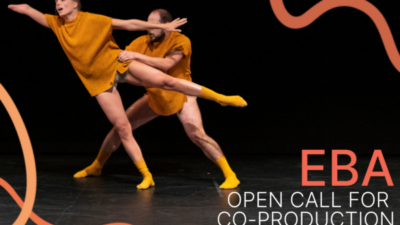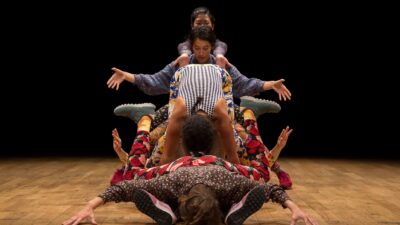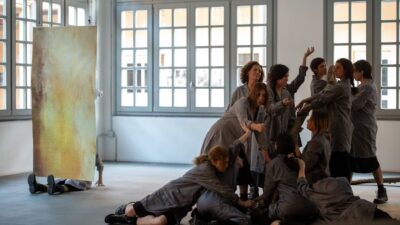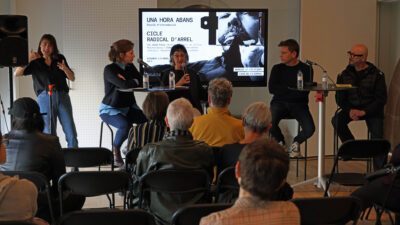Europe Beyond Access
Breaking the glass ceiling of performing arts
Across the performing arts and across Europe, disabled artists are pushing the boundaries of form, and are presenting audiences, fellow artists and arts professionals with one of the creative opportunities of our time.
Europe Beyond Access has once again been funded by the Creative Europe programme of the European Union and will run for four years, from 2024 to 2027.
EBA Learning Journeys
For disabled artists, producers and promoters, funders and policymakers.
A series of digital toolkits and educational resources: films, discussions, podcasts, creative tasks, reports and more to support professional development!
Latest news
See more newsSelected Artists for Europe Beyond Access Artistic Residencies
A Position Paper on the state of Arts & Disability in Europe
EBA Co-productions Open Call: The winners
Events
J Neve Harrington: Screensaver Series
Date: September 10, 2025
September 10, 2025 h18 / h22, MoM Officina, Rovereto, ItalyGloria Dorliguzzo: Dies Irae
Date: September 8, 2025
September 8, 2025 h18, MoM Officina, Rovereto, ItalyUna hora abans (one hour before) 2025
Date: May 3, 2025
May 3 h19:30, May 10 h19, Mercat de les flors, Barcelona, SpainArtists
A selection of the Artists working with us at Europe Beyond Access
See more artists